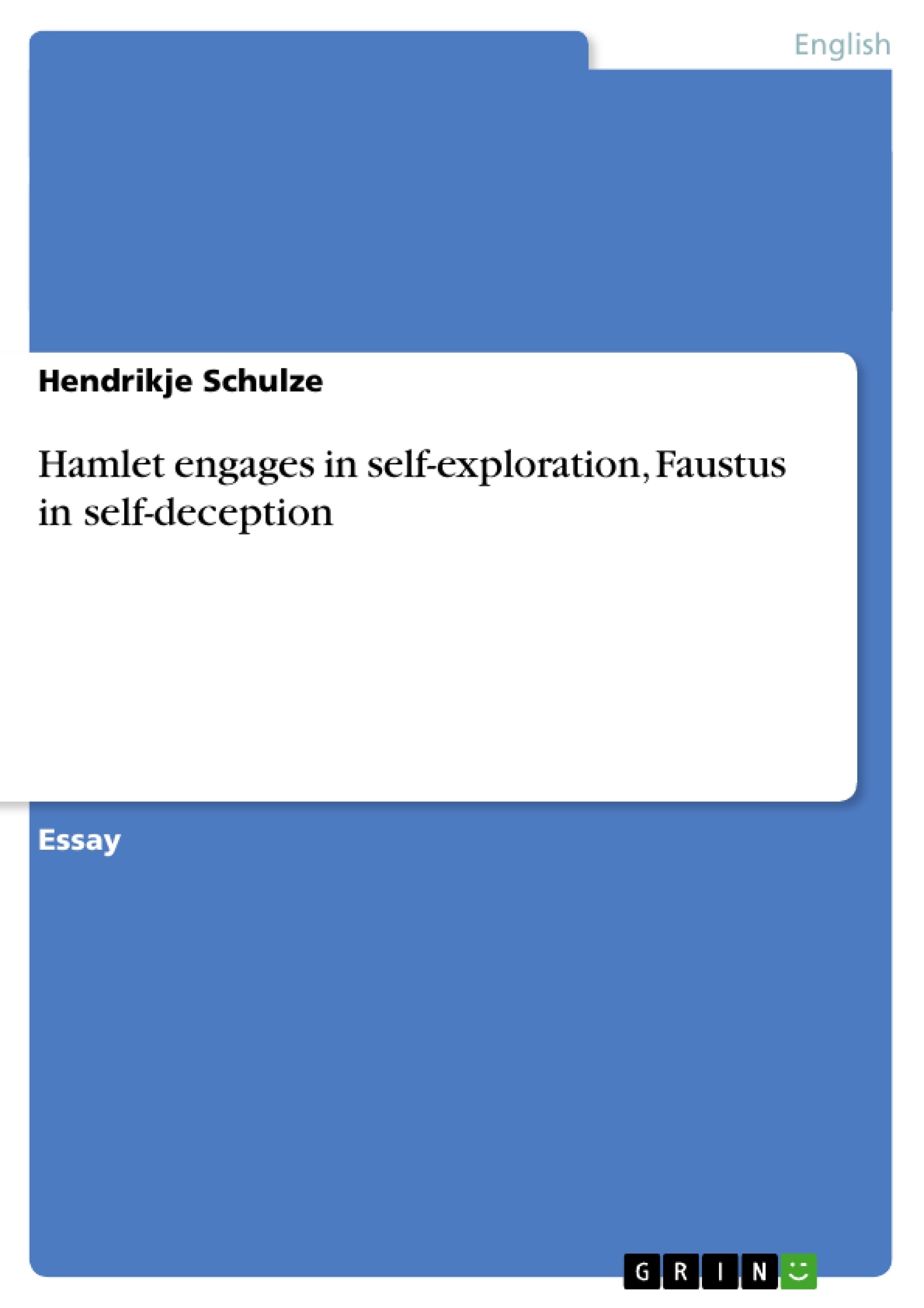In order to discuss this statement I would like to begin by having a brief look at
the age of Renaissance and pointing out some of its typical features. The Italian term
‘Renaissance’ refers to the rebirth of interest in the ideas of classical antiquity between
1450 and 1650 in Europe. The most important events during this time were the invention
of movable-block printing (1454), the discovery of the so called New World (1492), the
Reformation in Germany (1517) and England (1535) and finally the assertion of the
Copernican World System. These developments contributed to the revision of the old,
medieval picture of the world. They go together with a total social process embracing a
change in everyday life, every day ways of thinking, moral practices and ethical ideas.1
The concept of Renaissance is strongly connected with the idea of ‘Renaissance
humanism’. Renaissance men put themselves more in the centre of their considerations
than men in medieval times. According to Agnes Heller one “might better speak of the
cult of the ‘self-made’ man”2, which means that destiny was no longer considered to be
God-given, but more and more became an issue of what oneself had made of it. [...]
1 The facts are based on: Hollander, John and Frank Kermode. The Oxford Anthology of English
Literature: The Literature of Renaissance England. (London: Oxford University Press, 1973) pp. 3-10.
2 Heller, Agnes. Renaissance Man. (London: Routledge & Kegan Paul, 1978) p. 9
Inhaltsverzeichnis (Table of Contents)
- “Hamlet engages in self-exploration, Faustus in self-deception.”
- The Renaissance and its Features
- Renaissance Humanism
- Hamlet and Faustus as Renaissance Men
- Faustus: A Troubled Intellect
- Hamlet: A Complex Character
- Hamlet's Delaying of Action
- Faustus: A Man of Action
- Summary and Conclusion
Zielsetzung und Themenschwerpunkte (Objectives and Key Themes)
This essay explores the statement “Hamlet engages in self-exploration, Faustus in self-deception,” examining the characters of Hamlet and Dr. Faustus through the lens of Renaissance humanism and the characteristics of the Renaissance era.
- Renaissance humanism and its impact on individual identity
- The concept of self-exploration and self-deception
- The motivations and desires of Hamlet and Faustus
- The consequences of choices and actions in the context of human limitations
- The role of tragedy in the lives of Hamlet and Faustus
Zusammenfassung der Kapitel (Chapter Summaries)
- The essay begins by providing an overview of the Renaissance period, highlighting its key events and the emergence of Renaissance humanism. This section emphasizes the shift in perspective from medieval times, with individuals taking more control of their destinies and valuing self-achievement.
- The essay then examines Hamlet and Faustus as embodiments of the Renaissance man, highlighting their shared characteristics such as high intellect, solitary nature, and engagement in self-exploration. It also introduces their contrasting approaches to self-discovery, with Hamlet's introspective nature and Faustus's ambitious pursuit of forbidden knowledge.
- The essay then focuses on Faustus, exploring his intellectual curiosity and relentless pursuit of knowledge. It highlights his willingness to defy human limitations and the consequences of his ambitious quest for forbidden power.
- The essay continues with a discussion of Hamlet's character, emphasizing his contemplative nature, introspective tendencies, and emotional turmoil. It delves into his internal conflicts, particularly his struggle with inaction and the reasons behind his delaying of revenge.
- The essay explores the potential reasons behind Hamlet's delay in taking action, including his fear of the consequences and a possible unconscious guilt associated with his feelings for his mother. It analyzes his ambiguous motivations and his tendency to rationalize his inaction, suggesting a degree of self-deception.
- The essay contrasts Faustus's decisive action with Hamlet's indecisiveness. It analyzes Faustus's conscious decision to sell his soul, highlighting his ambition and willingness to face the consequences of his choices. This section further emphasizes the theme of self-determination and its potential pitfalls.
Schlüsselwörter (Keywords)
This preview delves into the themes of Renaissance humanism, self-exploration, self-deception, ambition, individual destiny, human limitations, the consequences of choices, and the nature of tragedy. The essay explores these concepts through the contrasting characters of Hamlet and Dr. Faustus, examining their individual journeys and ultimately concluding on the complex relationship between self-awareness and action.
Frequently Asked Questions
What is the central thesis regarding Hamlet and Faustus?
The essay argues that while Hamlet engages in deep self-exploration and introspection, Dr. Faustus falls victim to self-deception in his pursuit of power.
How does Renaissance Humanism influence these characters?
Renaissance Humanism shifted focus to the "self-made man," where individuals take control of their destiny rather than viewing it as purely God-given.
Why does Faustus sell his soul?
Faustus is driven by an ambitious pursuit of forbidden knowledge and power, leading him to defy human limitations and ignore the consequences.
What causes Hamlet's delay in taking action?
His delay is attributed to his complex, contemplative nature, fear of consequences, and internal emotional turmoil, which some interpret as a form of rationalized inaction.
In what way are both characters "Renaissance Men"?
Both possess high intellect, are solitary figures, and represent the era's drive for individual achievement and exploration of the human condition.
- Citar trabajo
- Hendrikje Schulze (Autor), 2000, Hamlet engages in self-exploration, Faustus in self-deception, Múnich, GRIN Verlag, https://www.grin.com/document/21603



